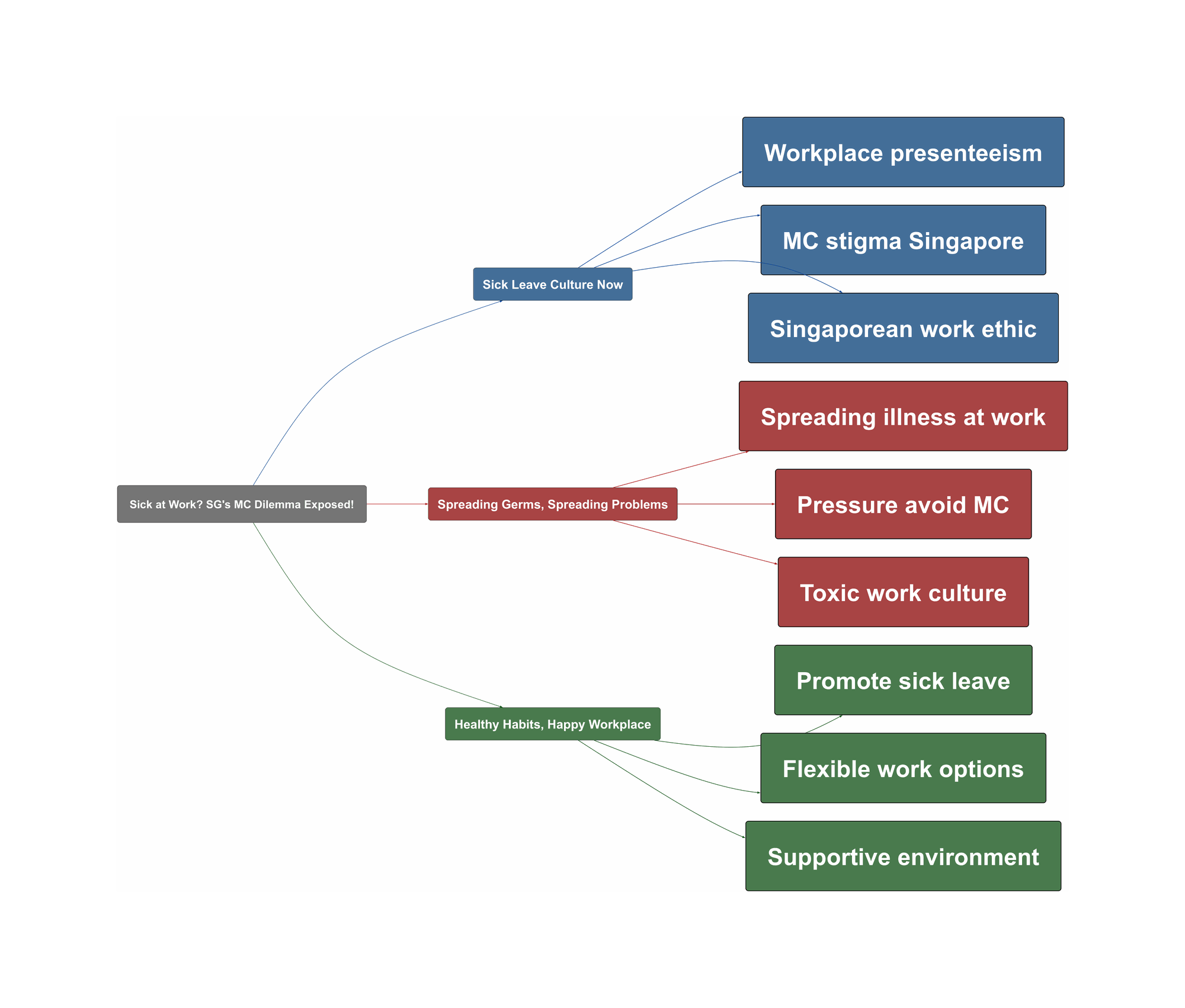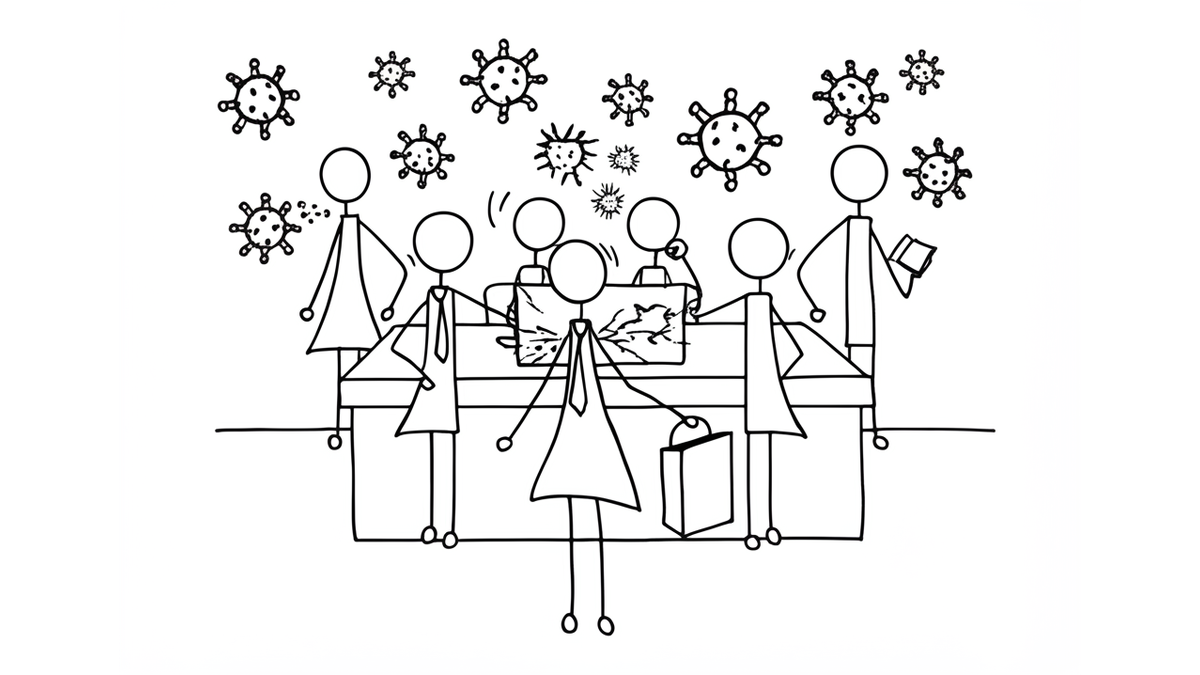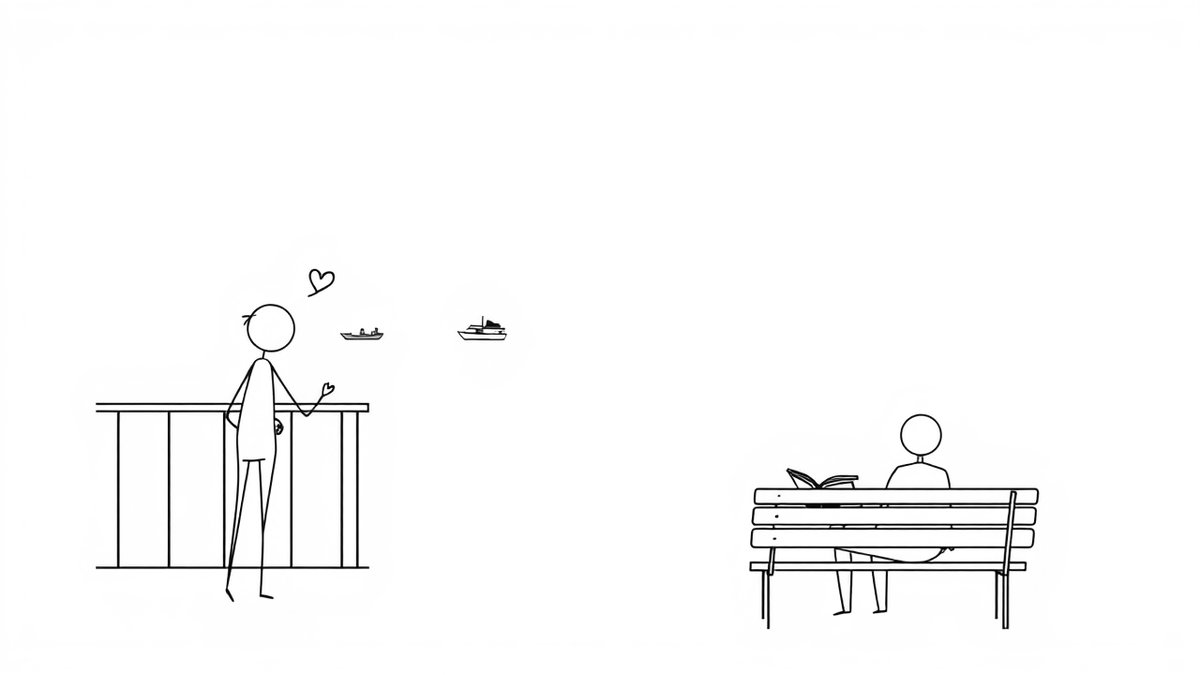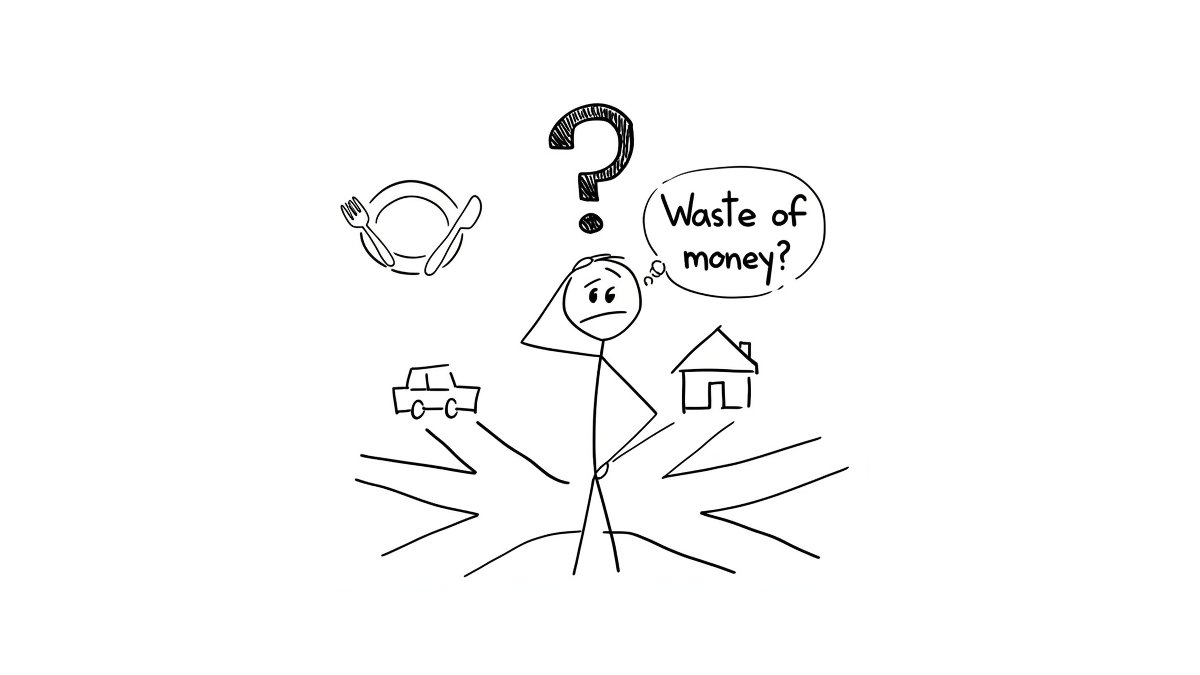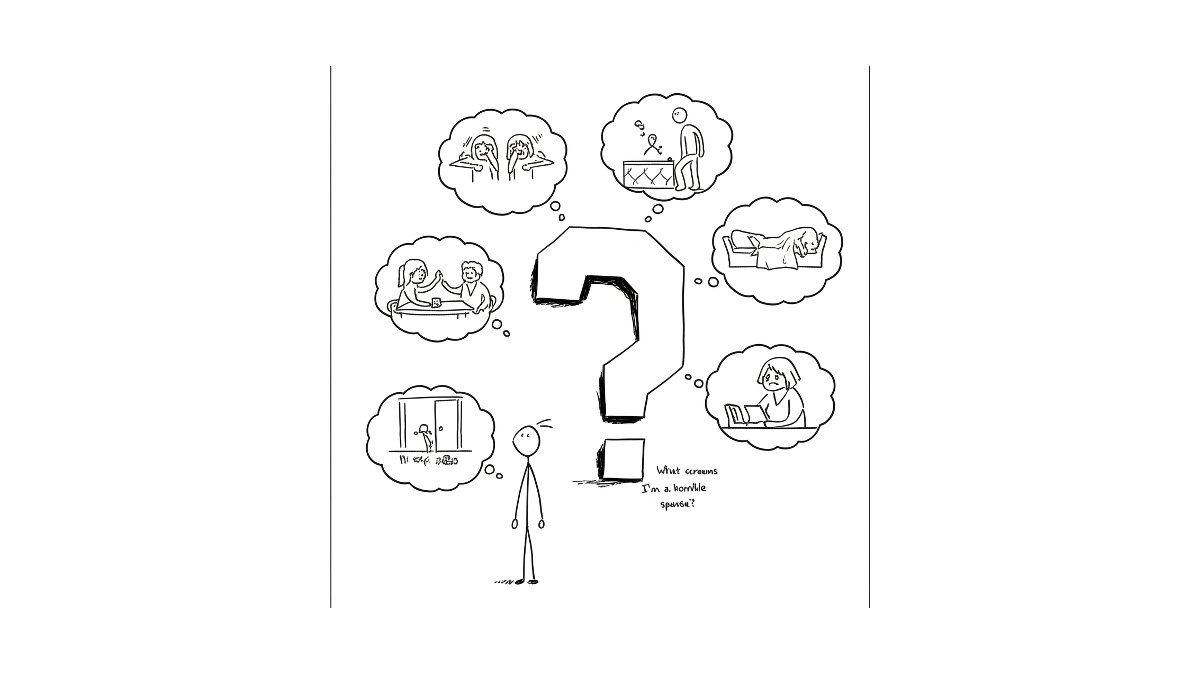Eh, you ever see your colleague come to work sibei sick, coughing and sneezing non-stop? Then brag about never taking MC? Singaporeans know this struggle is real. But is it dedication or just plain inconsiderate? Let’s unpack this very Singaporean dilemma.
Sick Leave Culture Now
- Presenteeism is still prevalent in Singaporean workplaces, despite health risks.
A lot of workplaces in Singapore, the boss looks dimly on staff taking MC.
- Some employees feel pressured to work even when unwell due to job insecurity or company culture.
You need to consider the fact that some people are r/ManagedByNarcissists , so they have no choice but to turn up to work. not every peasant is empowered to take medical leave whenever they need it.
- There’s a perception that taking MC is viewed negatively by some employers, leading to a fear of judgment.
Despite increased awareness of hygiene and health post-COVID-19, the pressure to be seen as a ‘dedicated’ worker persists. This creates a toxic environment where employees prioritize work over their well-being and the health of their colleagues. Many Singaporeans are caught between needing to work and not wanting to spread illness. It’s a delicate balance, especially in smaller companies or SMEs.
Spreading Germs, Spreading Problems
- Sick employees jeopardize the health and productivity of the entire team.
Hate them. Had these inconsiderate braggarts in several teams during my time in healthcare, and they cause more trouble than it makes sense to their egos. One sick, whole team can get sick. And when they are sick, their work quality declines too. Hella stubborn as well, it’s like they never learned from Covid.
- Coming to work sick can lead to decreased work quality and increased errors.
- Some bosses encourage this behavior, prioritizing ‘dedication’ over employee well-being.
Micromanaging SME bosses’ dream employees 😍 Never take a day of sick leave in the 10 years they’ve been working there. Drags their dying, diseased bodies into the office to cough everywhere and spread the germs to everyone, then KPKB when “less dedicated” employees take MC after catching whatever they’re spreading.
The biggest issue is the potential for widespread illness. One sick employee can easily infect multiple colleagues, leading to a domino effect of absenteeism and decreased productivity. This is especially concerning in roles that require close collaboration or customer interaction. Furthermore, presenteeism often results in reduced focus and efficiency, leading to mistakes and delays. The mentality of ‘powering through’ sickness is ultimately counterproductive.
Healthy Habits, Happy Workplace
- Prioritize employee health by encouraging sick leave.
If your managers don’t send them home look for a new job.
- Promote a culture of understanding and support for those who need to take time off.
- Implement flexible work arrangements to allow sick employees to work from home if possible.
I work in an SME but my boss hates it when people come to the office clearly sick. As it will spread and bring the whole team down. We will tell them to take MC, but if they do not want what can we do. Not sure what are these people thinking
The first step is to change the mindset around sick leave. Employers need to actively encourage employees to stay home when unwell, without fear of repercussions. Implementing clear policies on sick leave and providing resources for employees to manage their health can help. Flexible work arrangements can also be a valuable tool, allowing employees to continue working from home when they are well enough, but not contagious. Ultimately, creating a healthy and supportive work environment benefits everyone.

